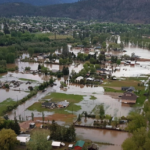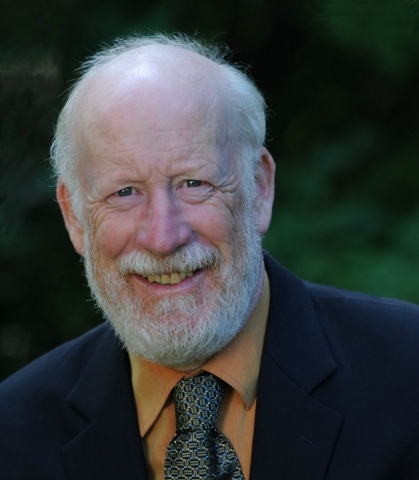COLUMN: From the Hill -- Site C and Treaty 8
On February 18th of this year a group of First Nations activists came to Ottawa to speak to the government about the Site C dam project on the Peace River. They met with myself and other MPs in the BC NDP caucus to discuss their attempts to delay construction of the dam until the concerns of their people were heard in federal court this fall. The Liberal government refused to meet with them.
In committee hearings I asked Jim Carr, the minister of Natural Resources, about this refusal—and he simply reiterated the wording of the mandate letter he had received from Prime Minister Trudeau, which stated that “No relationship is more important to me and to Canada than the one with Indigenous Peoples. It is time for a renewed, nation-to-nation relationship with Indigenous Peoples, based on recognition of rights, respect, co-operation, and partnership.” Minister Carr didn’t seem to see the glaring gap between these fine sentiments and the reality of not wanting to talk to First Nations about an issue critical to their way of life.
Fast forward to the days just before the August long weekend, when the federal Liberal government quietly issued two permits to allow continuing construction of the Site C dam. The permits–one under the Navigation Protection Act and the other under the Fisheries Act—signalled that the government had agreed to help fast-track a project that, according to the Joint Review Panel that reviewed Site C in 2014, would inflict “permanent damages” on the interests of First Nations.
This is not consultation or a new nation-to-nation relationship. The West Moberly First Nation and Prophet River First Nation feel that government approval of Site C without considering the environmental and cultural effects of the project on indigenous peoples is a clear violation of Treaty 8 rights, and are taking their grievances to a federal court in mid-September.
Enabling rapid construction of Site C also contradicts the federal government’s pledge to support green initiatives, since power coming from a dam that floods valuable agricultural land and destroys habitat for species at risk can hardly be labelled green energy. And BC citizens would benefit financially from a go-slow policy around site C; energy economist Robert McCullough has calculated that a one-year delay in construction would save us $268 million because of the current low demand for power.
However, the main issue facing the federal government is that it has a constitutional obligation to uphold treaty rights for First Nations; this is not something they can choose to do only when politically convenient. In issuing these permits the Liberal government has both abrogated its duty in this regard and turned its back on the promise of a new relationship with First Nations across this country.



























Comments